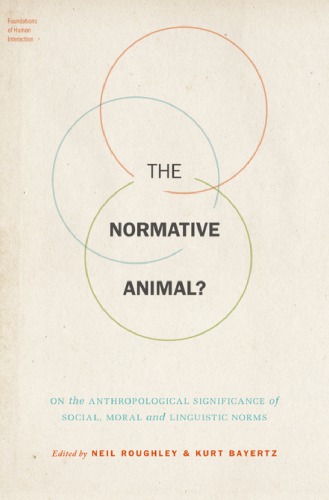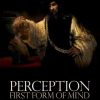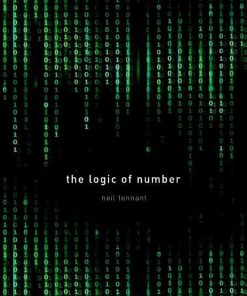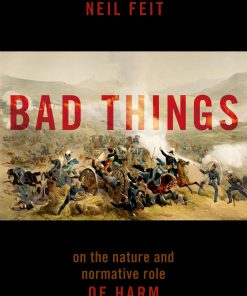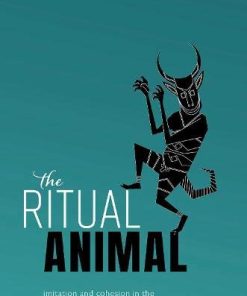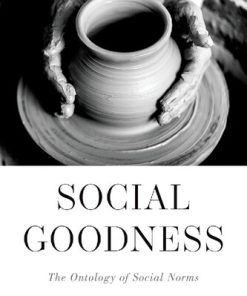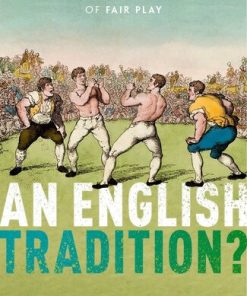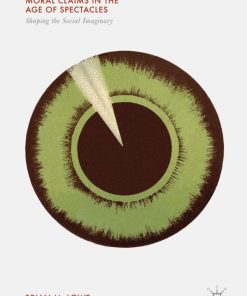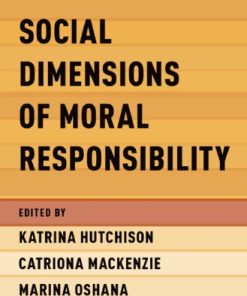The Normative Animal? On the Anthropological Significance of Social, Moral, and Linguistic Norms Neil Roughley
$50.00 Original price was: $50.00.$25.00Current price is: $25.00.
The Normative Animal? On the Anthropological Significance of Social, Moral, and Linguistic Norms Neil Roughley – Ebook Instant Download/Delivery ISBN(s): 9780190846466,0190846461, 9780190846480, 0190846488
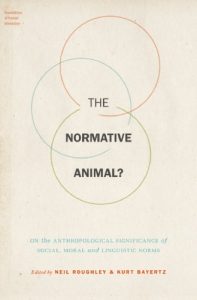
Product details:
- ISBN 10: 0190846488
- ISBN 13: 9780190846480
- Author: Neil Roughley; Kurt Bayertz
It is often claimed that humans are rational, linguistic, cultural, or moral creatures. What these characterizations may all have in common is the more fundamental claim that humans are normative animals, in the sense that they are creatures whose lives are structured at a fundamental level by their relationships to norms. The various capacities singled out by discussion of rational, linguistic, cultural, or moral animals might then all essentially involve an orientation to obligations, permissions and prohibitions. And, if this is so, then perhaps it is a basic susceptibility, or proclivity to normative or deontic regulation of thought and behavior that enables humans to develop the various specific features of their life form. This volume of new essays investigates the claim that humans are essentially normative animals in this sense. The contributors do so by looking at the nature and relations of three types of norms, or putative norms-social, moral, and linguistic-and asking whether they might all be different expressions of one basic structure unique to humankind. These questions are posed by philosophers, primatologists, behavioral biologists, psychologists, linguists, and cultural anthropologists, who have collaborated on this topic for many years. The contributors are committed to the idea that understanding normativity is a two-way process, involving a close interaction between conceptual clarification and empirical research.
Table contents:
Part I. Introductory
1. Might We Be Essentially Normative Animals?
2. On Social, Moral, and Linguistic Norms: The Contributions to This Volume
Part II. Social Norms
3. There Ought to Be Roots: Evolutionary Precursors of Social Norms and Conventions in Non-Human Primates
4. On the Human Addiction to Norms: Social Norms and Cultural Universals of Normativity
5. On the Identification and Analysis of Social Norms and the Heuristic Relevance of Deviant Behaviour
6. On the Uniqueness of Human Normative Attitudes
Part III. Moral Norms
7. The Evolution of Human Normativity: The Role of Prosociality and Reputation Management
8. The Emergence of Moral Normativity
9. Joint Activities and Moral Obligation
10. The Development of Domains of Moral and Conventional Norms, Coordination in Decision-Making, and the Implications of Social Opposition
11. Moral Obligation from the Outside In
Part IV. Linguistic Norms?
12. Language Evolution and Linguistic Norms
13. The Normative Nature of Language
14. Can There Be Linguistic Norms?
15. The Normativity of Meaning Revisited
Part V. Afterword
16. Normative Guidance, Deontic Statuses, and the Normative Animal Thesis
People also search:
the normative approach
the normative approach quizlet
the normative question of ethics is
the normative question
a normative ethics
You may also like…
Mathematics - Logic
Politics & Philosophy - General & Miscellaneous Philosophy
Politics & Philosophy - Anthropology
Politics & Philosophy - Social Sciences
Politics & Philosophy
Social Norms, Gender and Collective Behaviour: Development Paradigms in India Indranil De
Politics & Philosophy
Politics & Philosophy - Anthropology
Anthropological Perspectives on Environmental Communication Annelie Sjölander-Lindqvist


